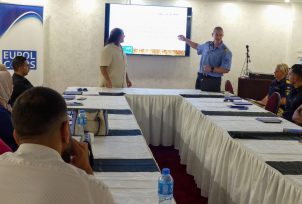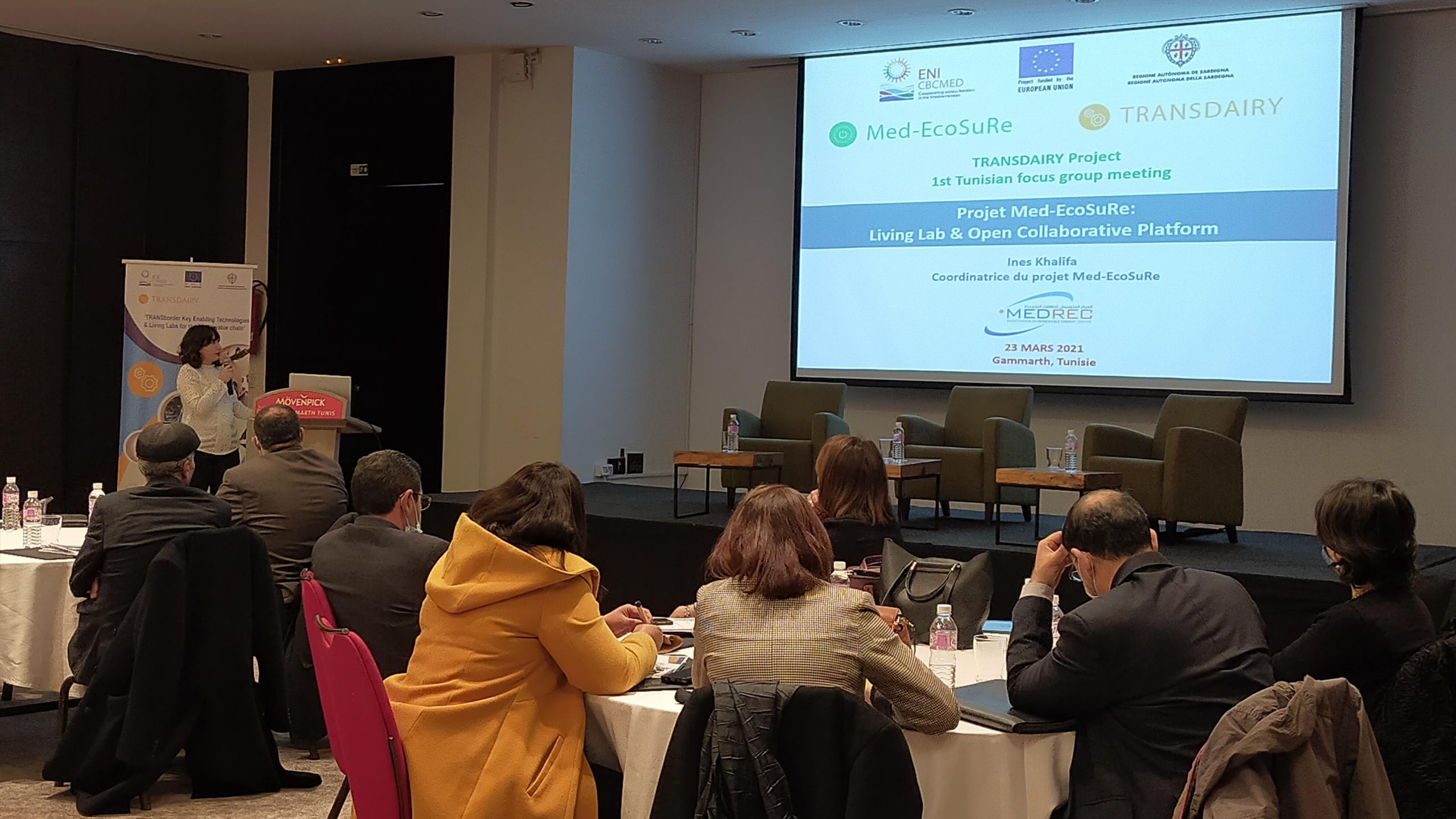The crucial role of European and Mediterranean local and regional authorities

Euro-Mediterranean regions and local authorities are convinced of their leading role for the development of the Mediterranean, a role that needs to be balanced further enhancing the “territorial dimension” of ongoing support policies.
In its annual meeting held on January 18-19 in Nicosia (Cyprus), ARLEM (The Euro-Mediterranean Regions and Local Authorities Assembly), co-chaired on the EU side by the EU Regions Committee (RCC), has strongly stressed that “practical cooperation at the local level is essential if Mediterranean countries want to manage challenges induced by conflicts in Syria and Libya, by migration and climate change.”
ARLEM is a joint institution bringing together local representatives from the EU and their counterparts from the southern shore of the Mediterranean.
“The sources of tension and instability in the Mediterranean require sustained and very concrete cooperation,” said Markku Markkula, chair of the European Regions Committee and ARLEM’s co-chair, in a statement issued by RC.
His fellow chair from the southern shore, Hani Abdelmasih, mayor of Beit Sahour in Palestine, said that “our cities need to go beyond our current cooperation.”
He stated that “the new European Neighborhood Policy should provide greater liabilities to local authorities.”
This conviction of power and even of duty was reinforced the same day, on Monday, by a statement issued by the EU Council of Ministers requesting regional structures to contribute alongside Libyan municipalities to the reconstruction of the country hit by a devastating war in human terms as well as in terms of the infrastructure.
In fact, the EU decided in terms of aid to Libya, to “focus on supporting municipalities, while relying on the wide network of European municipalities and local authorities that Europe has – in coordination with the Regions – on border management”.
Two reports were adopted. One, on “employment and territorial development in the Mediterranean” and the other on “a sustainable urban agenda for the Mediterranean region“.
Link:
Related news
Newsletter
Subscribe to receive our latest updates
News alerts
Personalise your news alerts subscription
© This project is funded by the European Union, 2024





































